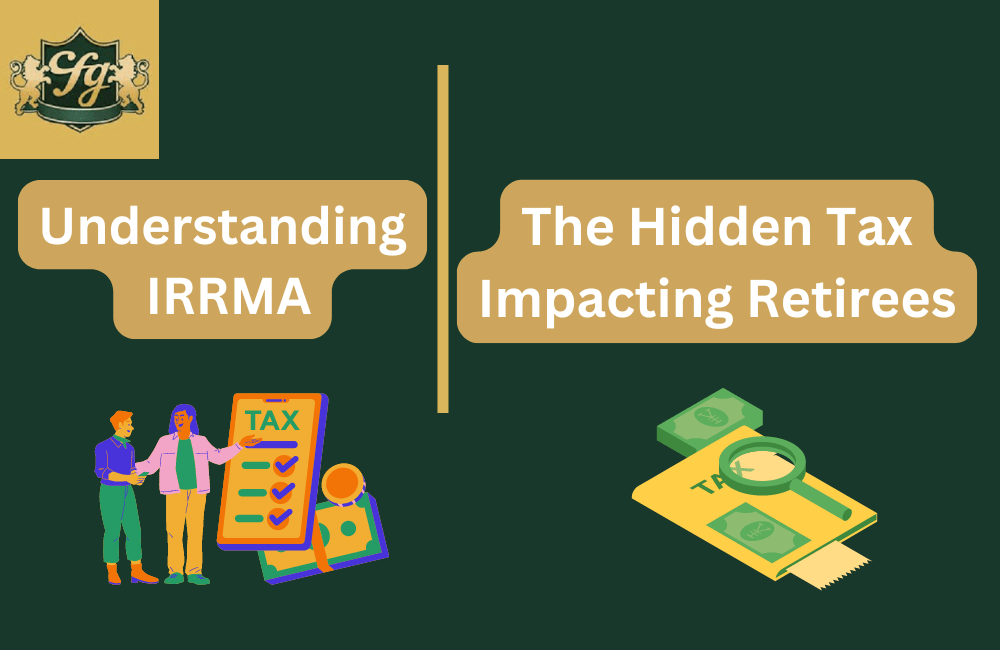Income-Related Monthly Adjustment Amount (IRRMA) is a lesser-known tax that could significantly impact your financial health during retirement. It’s essential to grasp how this can affect your future, as in 2023, 7.3 million people received penalty letters from the IRS, and projections suggest this number will double by 2031.
The Stealthy Burden of IRRMA
Most retirees are unaware of the looming financial burden of IRRMA penalties. These penalties are calculated based on your income and can significantly reduce the Social Security benefits you depend on. For instance, in 2023 alone, the IRS is set to collect around $355 billion in IRRMA penalties due to these adjustments, impacting a vast number of the population.
How IRRMA Works
If you\’re 55 with $500K in IRAs or 401Ks, you\’re already in the danger zone. By the time you\’re 60 with $750K saved, the situation becomes more pressing. This is primarily because the Required Minimum Distributions (RMDs), which dictate the minimum amount you must withdraw from your retirement accounts annually starting at a certain age, have been delayed for those under 60. While this might seem beneficial, it complicates tax planning and could lead to higher taxes for you and your heirs under the SECURE Act.
The Dangers of Deferment
The typical advice to \”defer, defer, defer\” your RMDs isn\’t always sound. Deferring can lead to higher accumulated balances, which may result in steeper IRRMA penalties later. By age 65, if you have $1 million in retirement accounts, you might end up paying about $180K in IRRMA penalties over your lifetime, assuming you live to 90.
Beyond Income: Other IRRMA Triggers
Your IRRMA bracket isn\’t solely determined by your income. Selling assets like a home or a rental property, or changes in your marital status (such as the loss of a spouse), can also push you into higher penalty brackets. It\’s critical to consider these factors in your long-term financial planning.
The Real Cost of Medicare Surcharges
One of the harshest realities of IRRMA is that these surcharges are deducted directly from your Social Security income, not your assets. This can drastically reduce the amount you receive monthly, contrary to expectations that Social Security benefits will only grow over time.
Tackling IRRMA Proactively
To mitigate the impact of IRRMA, proactive tax planning is essential. This might include strategies like Roth Conversions starting at age 63, which can help manage the tax implications and potentially reduce future penalties. Software like Right Capital can aid in precisely calculating the best strategies for minimizing IRRMA penalties.
A Wake-Up Call for Retirement Planning
An estimated 74% of all retirees will face IRRMA penalties. The problem escalates with age as RMDs increase, particularly if you transition from joint to single filing status. A strategic approach laid out with professional advice can save you from severe financial distress later in life. For example, a client aged 70 who follows a carefully planned Roth Conversion strategy could avoid depleting their Social Security benefits by age 88.
<>
The Bottom Line
IRRMA might be the most significant hidden challenge retirees face today. With only about 5% of advisers actively discussing this issue, it\’s vital to find a knowledgeable professional who can help navigate these complex waters and safeguard your financial future against this pervasive penalty.

